Greek Yogurt for Babies – Benefits, Recipes and Precautions
- What Is Greek Yoghurt?
- Can Babies Have Greek Yoghurt?
- Health Benefits of Greek Yoghurt for Babies
- Important Precautions to Be Taken While Giving Yoghurt to Babies
- 6 Easy-to-Make Greek Yoghurt Recipes for Babies
- FAQs
When babies transition from breast milk or (and) formula milk to solids, most parents contemplate introducing a wide range of healthy and nutritious foods. One such nutritious food parents want to introduce is Greek yoghurt, an excellent early food for babies. Greek yogurt for babies can be a nutritious and delicious addition to their diet, providing a rich source of protein, calcium, and probiotics that support healthy growth and digestion. There’s no reason not to let your baby devour this nutritious and delicious food item unless he is lactose intolerant!
But before you do so, find out when to introduce Greek yoghurt in your little one’s meals and how so that he gains the maximum benefit from it. Read on to learn what Greek yoghurt is and how it is made.
What Is Greek Yoghurt?
For over a decade now, Greek yoghurt has become ubiquitous, and it’s doubtful that you’ll go wrong while taking it off the shelf of your nearest grocery store, but don’t you want to know what’s so different about Greek yoghurt from other types of yoghurt? Now that you have a baby to feed, you must pay more attention to the back of the product before buying it. Okay, so we won’t get into the history of Greek yoghurt; we’ll tell you what it is and how it differs from plain yoghurt!
The process of making regular and Greek yoghurt begins on the same note: first, milk is heated and then cooled to the desired fermentation temperature; then, bacteria cultures are added, and the mixture is left to ferment until it turns into yoghurt.
To make Greek yoghurt, there’s one extra step: the regular yoghurt is strained to remove the whey, and you get a thicker and creamier yoghurt that tastes like a tart. This is Greek yoghurt. Greek yoghurt is healthier than regular yoghurt, as it is lower in sugar and almost double in protein. It is healthy for little ones and also light on their tummies (1).
Can Babies Have Greek Yoghurt?
The answer is ‘yes’. Many new parents tend to introduce yoghurt to their baby’s diet as early as six months, but paediatricians think that introducing it between eight and nine months of age is the best option. You can check with your baby’s paediatrician before adding this wholesome dairy product to your baby’s diet (5).
While buying Greek yoghurt for your baby, you should opt for a full-fat yoghurt. Your little one needs fat and protein for his development, and the rich and creamy Greek yoghurt will provide him with both. So let him relish this healthy fat while he is not fussy about it. As per paediatricians, parents can switch to low-fat yoghurt for their babies when they are two years old.
Health Benefits of Greek Yoghurt for Babies
We’re not raving about Greek yoghurt for no reason. It is healthy for babies and a convenient food option for you when pressed for time. Greek yoghurt is rich in nutrients like calcium, potassium, protein, Vitamins D and B12, and magnesium, all necessary for a baby’s optimal development (3). Greek yoghurt contains less whey protein and lactose so that it will be light on your baby’s tummy. The lower levels of whey and lactose also make Greek yoghurt a perfect choice for babies who are lactose intolerant (2).
Now, if you’re convinced that it’s a healthy choice for your baby and plan to introduce Greek yoghurt to your baby, opt for plain yoghurt as it is a healthier alternative to yoghurt with added flavours or sweeteners, which is high in sugar and can result in unhealthy weight gain.
Important Precautions to Be Taken While Giving Yoghurt to Babies
Although it is safe to start feeding yoghurt to babies between 8 and 9 months, if you want to introduce it early to your baby (or otherwise), you must exercise caution and take the necessary precautions before doing so.
- First, check with your doctor before introducing Greek yoghurt, or any other food in your baby’s diet. Ask him how much Greek yoghurt you should feed your baby daily and when. Even if you feel you’re asking silly questions, it’s okay. Checking with your baby’s paediatrician will boost your confidence as a parent.
- Before feeding Greek yoghurt to your little one, make sure that he is not lactose intolerant. Greek yoghurt is a healthier alternative to regular yoghurt, no doubt. Still, there may be traces of whey and lactose in the Greek yoghurt you make or buy, which may cause your baby to develop an allergic reaction if he’s lactose intolerant.
- Greek yoghurt is very nutritious, but it is not a replacement for other healthy foods (think dal, rice, whole grains, leafy veggies, and the like you feed your baby in mashed or pureed form) that a growing baby needs. So make sure that you offer a variety of foods to your baby as per his age.
- Many people tend to add honey to sweeten the yoghurt, but adding honey to a baby’s diet (yoghurt or other foods) is not recommended. Babies under one year of age should not be given honey (4).
- When buying Greek yoghurt off the shelf of a grocery store, pick the best brand and read the label carefully. It should not have any added ingredients, such as sweeteners.
- Do not feed flavoured or sweetened yoghurt to your baby, as it may not be safe for your little one’s oral health.
6 Easy-to-Make Greek Yoghurt Recipes for Babies
Let’s look at some delicious Greek yoghurt recipes that you can make for your little one:
1. Apricot-Banana-Greek Yoghurt Puree
For this recipe, choose full-fat Greek yoghurt and dried apricots. Here’s a simple recipe for this tasty delight!

Ingredients
- Dried apricots (chopped) – 4
- Greek yoghurt – 2 tbsp
- Medium-sized banana (ripe) – 1
Recipe
- Take the chopped apricots in a saucepan, add water to it, and cook on low heat for about 3-5 minutes. Bring it to a simmer.
- Turn off the heat and transfer the apricots to a dish, allowing them to cool.
- Once cool, put the apricots in a blender, add the banana slices and Greek yoghurt, and blend them into a puree.
2. Banana and Greek Yoghurt Pudding
Here’s a quick recipe of banana and Greek yoghurt pudding.
Ingredients
- Banana (sliced/mashed) – 3-4 tbsp
- Butter – 1 tsp
- Greek yoghurt – 2 tbsp
Recipe
- Heat the butter in a pan and saute the banana.
- Add Greek yoghurt to it and mix well.
- Remove from heat and let it cool.
- Once cool, blend and serve.
- If your baby is a little older, you can chill it for a couple of hours, then feed it to him.
3. Strawberry Yoghurt Smoothie
Oh! Sweet strawberries are hard to say no to; if your baby notices you eating them, he is likely to reach for them, too. So let him relish strawberries, too. Here’s how!
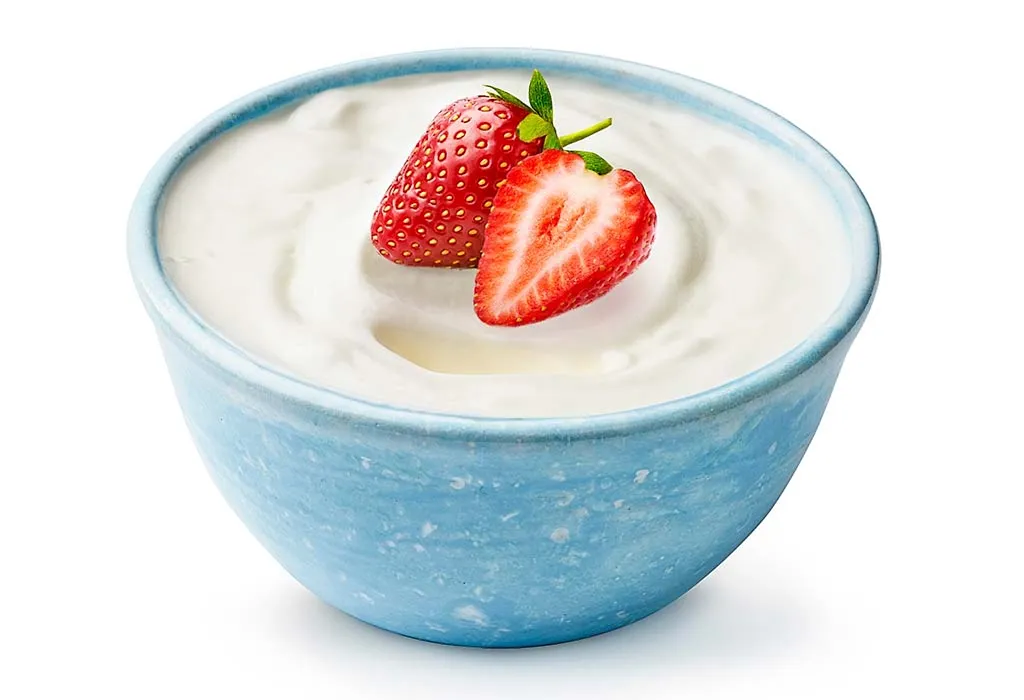
Ingredients
- Greek yoghurt – 2-3 tbsp
- Strawberries (chopped) – 3-4
Recipe
- Blend the chopped strawberries to a smooth paste with a bit of water.
- Add in the Greek yoghurt and blend again.
- Transfer it to a glass and let your child devour it.
4. Greek Yoghurt and Blueberry Smoothie
This refreshing and antioxidant-packed smoothie is ideal for a nutritious drink that your baby will love.
Ingredients
- Fresh or frozen blueberries – 1/4 cup
- Greek yogurt – 2-3 tablespoons
- A little water or breast milk (optional)
Recipe
- Blend the blueberries with Greek yogurt until smooth.
- Add water or breast milk if needed to reach the desired consistency.
- Serve chilled.
5. Greek Yoghurt and Carrot Mix
This sweet and creamy combination of carrots and yoghurt provides essential vitamins for your baby’s diet.
Ingredients
- Small carrot, steamed or boiled
- Greek yogurt – 2-3 tablespoons
Recipe
- Steam or boil the carrot until soft, and then mash it thoroughly.
- Mix the mashed carrot with Greek yogurt.
- Serve immediately.
6. Greek Yoghurt and Sweet Potato Puree
This vitamin-rich meal is perfect for supporting your baby’s healthy growth and development.
Ingredients
- Small sweet potato, cooked
- Greek yogurt – 2-3 tablespoons
Recipe
- Steam or bake the sweet potato until tender and scoop out the flesh.
- Mash the sweet potato until smooth.
- Mix the mashed sweet potato with Greek yogurt.
- Serve warm or at room temperature.
Note: Introduce these recipes in your child’s diet after consulting with your baby’s paediatrician.
FAQs
1. Can Greek yoghurt be used as a substitute for other dairy products in baby food recipes?
Yes, Greek yoghurt can be used as a substitute for other dairy products in many baby food recipes. It can replace sour cream, cream cheese, or mayonnaise in recipes, providing a healthier alternative with more protein and less fat. It’s also great as a base for sauces, dressings, and dips that babies can enjoy.
2. Is it safe to give flavoured Greek yoghurt to babies?
It’s best to avoid flavoured Greek yoghurts for babies, as they often contain added sugars, artificial flavours, and preservatives that are not suitable for infants. Instead, opt for plain, full-fat Greek yoghurt and add natural flavourings like fruit purees or a small amount of cinnamon or vanilla extract.
Greek yogurt for infants is a healthy snack. Once your baby is ready for solids, you can incorporate Greek yoghurt into your child’s diet. But if you notice any signs of allergic reaction in your baby, such as swelling around the eyes or lips, itchiness or vomiting, consult a paediatrician as soon as possible.
References/Resources:
1. Yogurt; Harvard T. H. Chan School of Public Health; https://nutritionsource.hsph.harvard.edu/food-features/yogurt/
2. Clapper. L; What Kind of Yogurt Should You Feed Your Kids?; Children’s Hospital Orange County; https://health.choc.org/kind-yogurt-feeding-kids/
3. Moore. J. B, Horti. A, Fielding. B. A; Evaluation of the nutrient content of yogurts: a comprehensive survey of yogurt products in the major UK supermarkets; PubMed Central; https://www.ncbi.nlm.nih.gov/pmc/articles/PMC6144340/
4. Yogurt, cheese and milk; Government of Newfoundland and Labrador; https://www.gov.nl.ca/healthyeating/baby/offering-healthy-foods/what-foods-should-i-offer-my-baby/yogurt-cheese-and-milk/
5. Your baby’s first solid foods; NHS; https://www.nhs.uk/conditions/baby/weaning-and-feeding/babys-first-solid-foods/#
Also Read:
When Can Babies Have Ice Cream?
Oats for Infants – Benefits & Recipes
Is Pomegranate Good For Your Infant?
Pumpkin for Infants – Health Benefits & Recipes
Was This Article Helpful?
Parenting is a huge responsibility, for you as a caregiver, but also for us as a parenting content platform. We understand that and take our responsibility of creating credible content seriously. FirstCry Parenting articles are written and published only after extensive research using factually sound references to deliver quality content that is accurate, validated by experts, and completely reliable. To understand how we go about creating content that is credible, read our editorial policy here.






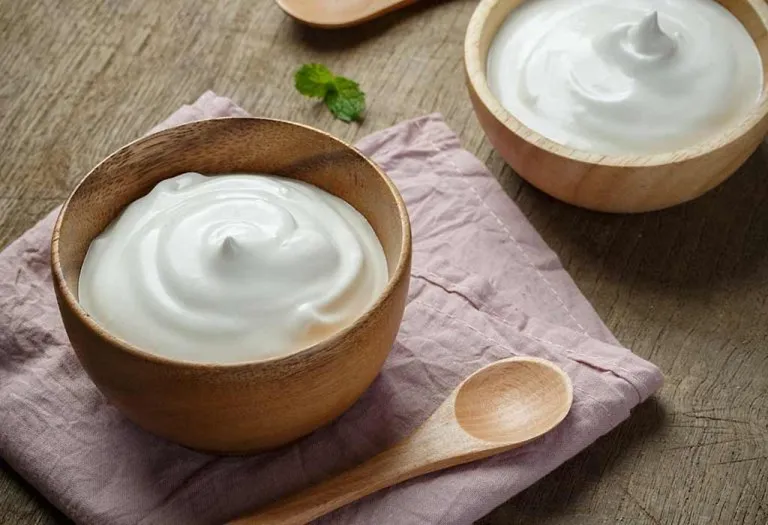
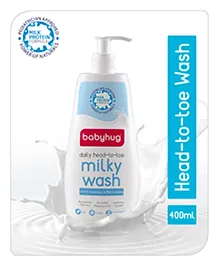
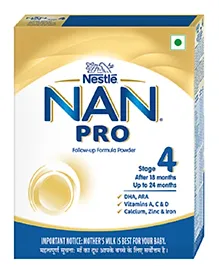
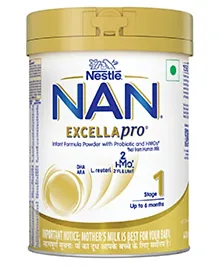
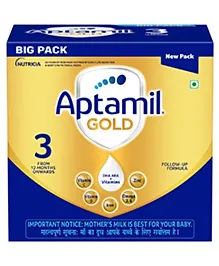
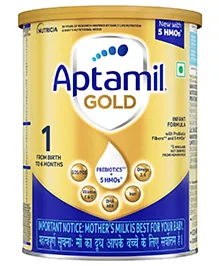
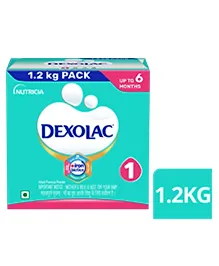
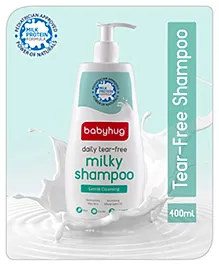
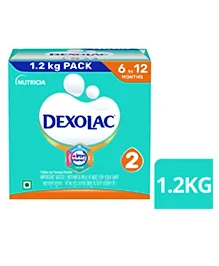
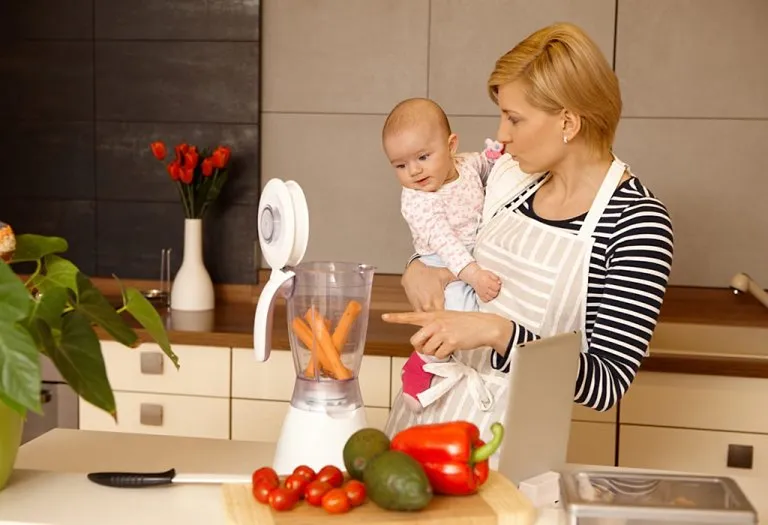

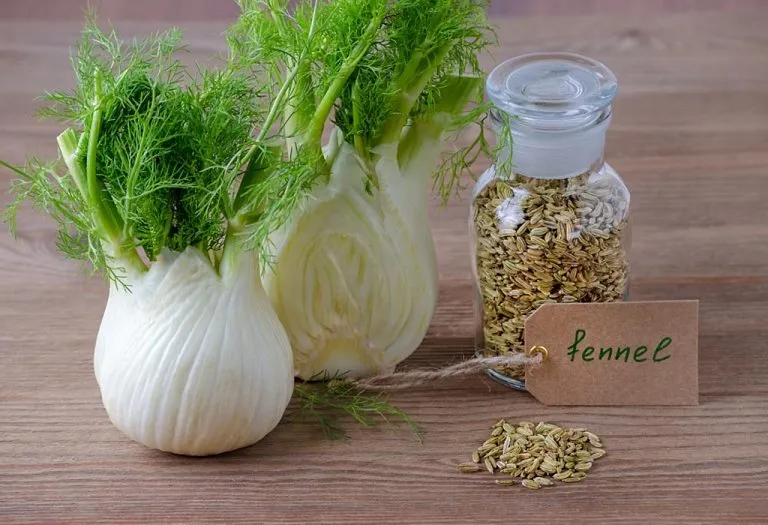
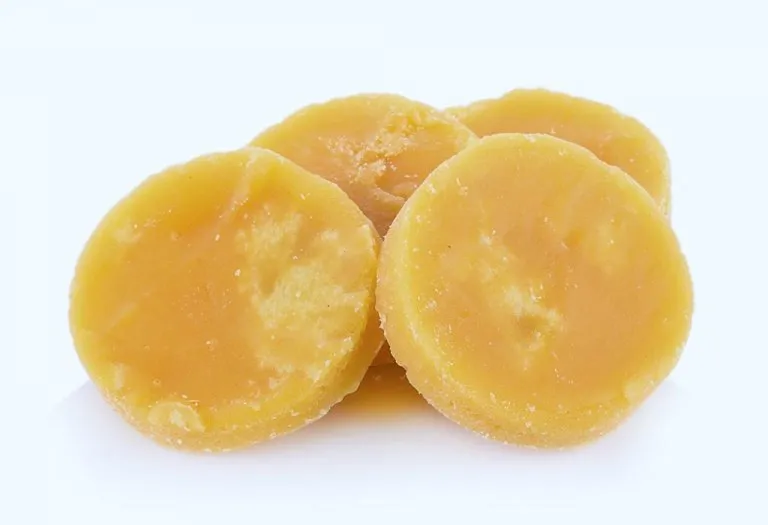



.svg)


















